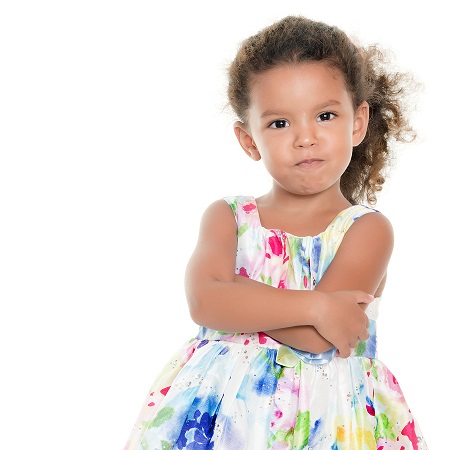
Many parents believe that setting limits for a preschooler is all about keeping them safe. While limits can be used to prevent dangerous situations (crossing the street without a parent, asking before eating something unknown, etc.) it is also a form of discipline that when enforced regularly, can lead to good judgement and an ability to think for themselves as they grow up.
Setting limits goes beyond just saying “no” and enforcing it. There needs to be a middle ground between letting your child do what they want, when they want, and being so authoritarian that children can’t think for themselves or manage their anger properly. This middle ground should be thought of as limits with empathy. Showing empathy to your child’s situation makes your limits more palatable so there is less resistance from your preschooler.
According to Dr. Laura on the website Aha! Parenting, setting limits with empathy means:
• Start with a strong, supportive connection with your child so he knows you’re on his side.
• See it from his point of view and offer genuine empathy that he can feel, while setting the limit.
• Resist the temptation to be punitive in any way. Setting the limit teaches the lesson. Anything more backfires.
• See his life from his point of view and only set the limits you really need to set, so that his life is more about connection and discovery than about limits and frustration. Saying No too often undermines your relationship.
When preschoolers realize that they are loved and valued by their parents, they will be more willing to accept correction and limits. It’s also important to remember that you don’t want the limits you set to be unnecessary or not age-appropriate. Understanding what your child is capable of is a major step in knowing which limits are appropriate for your child and which are asking too much of your preschooler. For instance, asking your child to remain quiet for the entire car trip across the state with no food, bathroom, or stretching breaks is more than a 4 year old can handle. Setting appropriate limits means more success for everyone in the process.
Another tip for setting effective limits is to understand that you are doing yourself and your child a disservice if you try to control your children punitively if they do not follow the rules you’ve set. All humans will react with anger and resistance when they feel controlled and limits that are perceived as punitive are not effective and may instead lead to resentment. Setting limits is not the same as punishment. The goal is to limit or eliminate behavior while still allowing feelings. Show your preschooler that you understand what they want and why they want it, even if you don’t let them have it. Showing them that you are on their side but explaining why you have set your limit can go a long way in creating self-disciplining children.

Here at Kids ‘R’ Kids Avalon Park, we focus on providing a safe and educational environment for our preschoolers to learn, develop, and grow. We strive to set helpful limits that encourage critical thinking and socialization skills. If you’d like to learn more about our award winning programs or expert staff, contact us today!